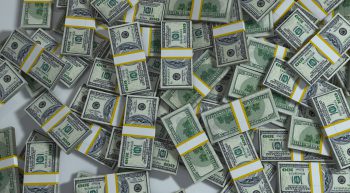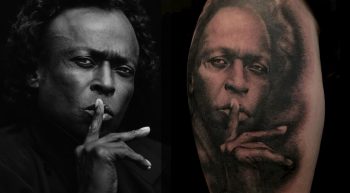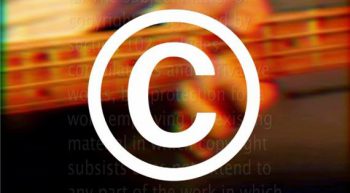In a recent filing with the UK Parliament, OpenAI stated: “It would be impossible to train today’s leading AI models without using copyrighted materials. Limiting training data to public domain books and drawings created more than a century ago might yield an interesting experiment, but would not provide AI systems that meet the needs of today’s citizens.” Then, more recently, “If you were to do private negotiations for every piece of content that you need to train one of these models,” they wouldn’t exist… “Inherent in these statements is the assumption that the world is demanding AI created works, they need to exist and somehow artists are standing in the way. There are 100 million music tracks on Spotify, do we really need more? There are 3,600 movies and 1,800 television shows on NetFlix, do we really need more? Nova Southeastern University's Copyright Officer, Stephen Carlisle, J.D., takes a look at the big picture, and discovers AI is just another bad business model proposed by big tech companies, who expect artists to subsidize their bad judgement.









